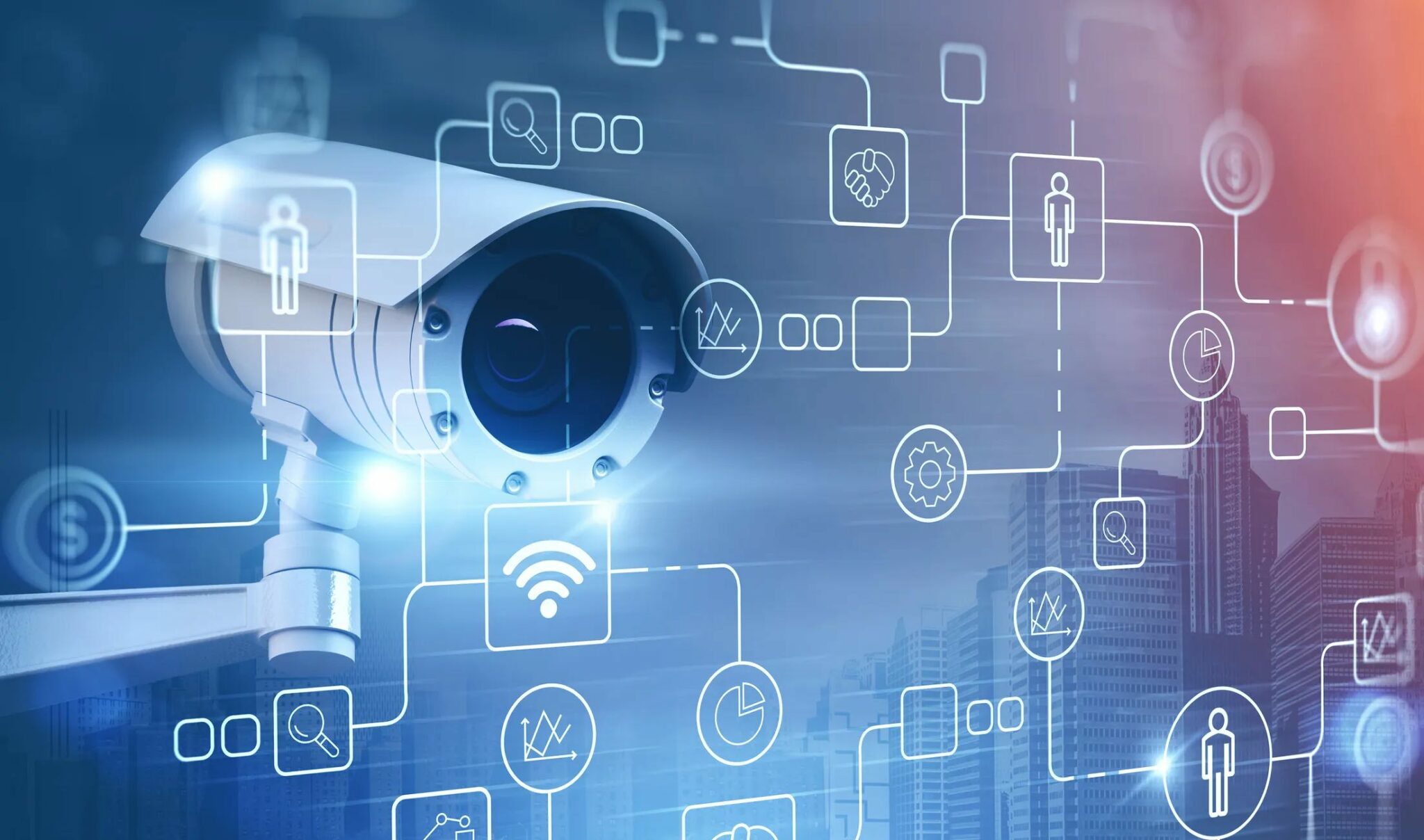By Costa Nkomo
A symposium in Harare has shed light on the growing surveillance of journalists and human rights defenders across Africa, including Zimbabwe, sparking serious concerns over privacy and freedom of expression.
Participants shared deeply troubling accounts of government monitoring that leave these groups vulnerable to threats and intimidation.
The Privacy Symposium Africa, hosted by Unwanted Witnesses in partnership with the Media Institute of Southern Africa (MISA) Zimbabwe, brought together journalists, human rights activists, and civil society organizations to confront this escalating issue.
Discussions focused on the erosion of privacy and its impact on fundamental freedoms.
In Zimbabwe, the infringement of constitutional privacy rights, enshrined in Section 57 of the Constitution, is becoming increasingly common. These violations are often justified under the banner of national security, raising alarms about unchecked government overreach.
Freda Nalumansi from Unwanted Witnesses painted a grim picture of the dangers faced by journalists and activists.
“We’ve seen physical threats, the confiscation of personal property, injuries, and, tragically, even deaths. Freedom of expression and movement are under siege. Many journalists now practice self-censorship, which undermines the integrity and quality of their work,” she said.
One stark example is the arrest and detention of 40 election monitors from the Zimbabwe Election Support Network (ZESN) and the Election Resource Centre during last year’s election.
Although the charges were eventually dropped, their laptops and mobile phones remain confiscated. The Southern African Development Community (SADC) later criticised the election, declaring it fell short of regional standards.
Hellen Sithole, MISA Zimbabwe’s Legal and ICT Lead, said digital threats need to be addressed.
“In today’s interconnected world, digital rights are as critical as human rights. While technology empowers journalists, it also exposes them to surveillance and other risks. Ensuring their protection from these threats is essential for safeguarding press freedom and democracy.”
The symposium also emphasised the urgency of ratifying regional agreements like the Malabo Convention and the Maputo Protocol to strengthen protections for journalists and human rights defenders.
Participants called for collective action to address digital surveillance and uphold freedoms across the continent.


This seems to be an ideology of our current national politics in Zimbabwe…